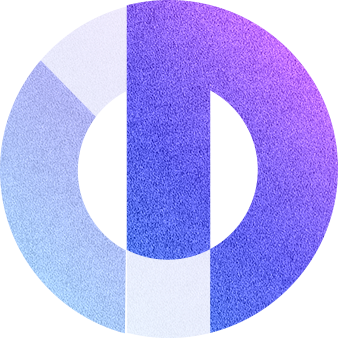Digital Detox: Unplugging in a Connected World

In today’s fast-paced world we live in, technology is intertwined with everything. We are constantly exposed to notifications that are getting our constant attention. While technology has undoubtedly brought us countless benefits, it can also make us feel disconnected from ourselves and those around us. That is where digital detox comes in.
Digital detox refers to a period of time when people refrain from using high-tech devices such as smartphones, televisions, computers, and tablets. ‘Detoxing’ from digital devices is often seen as a way to focus on real-life social interaction without distractions and stress.
Signs that you might need a digital detox
- You feel anxious when you can’t find your phone
- You feel compelled to check your phone every few minutes
- Social media comparisons make you feel depressed, anxious, inadequate, or angry
- You are distracted by the number of ‘comments’, ‘likes’ and ‘reposts’
- You are afraid that if you don’t constantly check your devices you will miss something
- You often stay up late to play or scroll on your phone
Tips for a successful digital detox
Set clear goals
Be clear about the purpose and duration of your digital detox – whether it’s a short one-day detox a longer break or even a break from certain apps, clarity of purpose will strengthen your resolve.
Inform others
It is helpful to inform your friends, family, and coworkers about your upcoming detox. By making them aware of your intentions, you can build support for others to respect your digital boundaries and encourage accountability.
Plan offline activities
It is very important to prepare a list of offline activities you plan to do during your detox. Reading a book, taking a walk, painting, or starting a creative project are all excellent alternatives to screen time.
Digital fasting
Gradually reduce your screen time before the detox officially begins. This strategy eases the transition and makes the process smoother and less abrupt.
Use apps
A range of apps are available to help manage and limit screen time and ensure digital boundaries.
Not sure what apps can boost your productivity and time management? Read our article

The importance of taking breaks from digital devices
Improved mental health
A digital detox can help reduce anxiety, depression, and loneliness caused by social media. Technology abstinence can also improve mood and increase feelings of well-being, satisfaction, and mental clarity.
Increased productivity
Constant stimulation from technology can be distracting and reduce productivity. Time away from technology allows people to focus on tasks and get more done in less time.
Better sleep quality
Touching a screen before bed can disrupt sleep patterns and make it harder to fall asleep. Staying away from technology before bed improves sleep quality, emotional regulation, and overall health.
Better relationships
Constant use of technology can lead to a feeling of disconnection from those around you. Staying away from technology can improve your relationships with loved ones and provide a sense of belonging and support.
Regained control
For those struggling with digital addiction and unhealthy online habits, a digital detox can be a liberating tool. Free yourself from the temptations of compulsive device checking, constant scrolling, and ever-present digital distractions. The process of setting boundaries and actively managing a digital presence can be empowering and liberating.
In conclusion, without precious gadgets, you can feel frustrated, anxious, and even bored. Although painful, it can be a rewarding experience that helps you to understand better your relationship with your devices and to be more present and mindful in your other activities and experiences.

